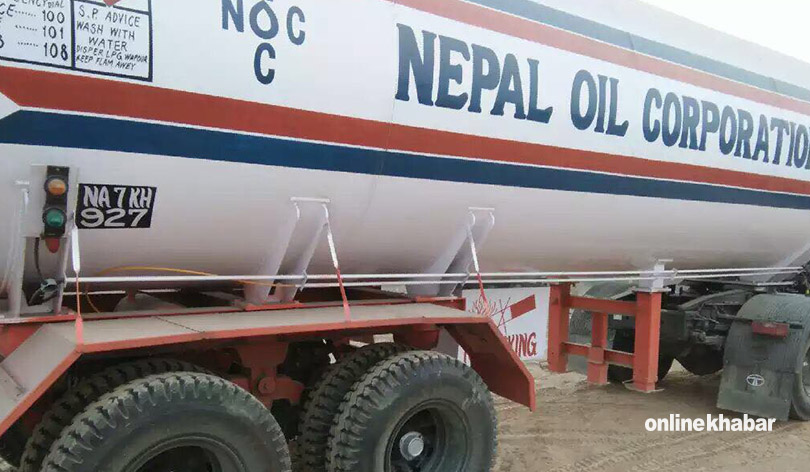
Interest among Nepali youth in launching startup ventures is growing significantly, as evidenced by the submission of 5,158 project proposals under the Startup Enterprise Loan Program for the current fiscal year 2081/82 BS, according to the Ministry of Industry, Commerce, and Supplies.
Government allocates Rs 1 billion for startup loans
The government has allocated Rs 1 billion for the program this fiscal year, offering collateral-free loans at an interest rate of 3 per cent, shared Baburam Adhikari, spokesperson and joint secretary at the Ministry. The initiative aims to encourage individuals with innovative knowledge, ideas, skills, and capabilities to engage in startup enterprises.
To implement the program, the Startup Enterprise Loan Operational Procedure 2081 was approved, and agreements were signed with Rastriya Banijya Bank and the Deposit and Credit Guarantee Fund for loan security.
The Industrial Enterprise Development Institute invited proposals for concessional loans on Bhadra 11, 2081 BS with a submission deadline of Bhadra 31, 2081 BS. Both physical (offline) and online methods were used to collect the proposals.
Preliminary list of eligible entrepreneurs in progress
The Industrial Enterprise Development Institute is currently preparing a preliminary list of projects meeting the program’s criteria, said spokesperson Adhikari. After the preliminary list is finalised, shortlisted entrepreneurs will be invited to present their business plans on a specified date and time.
Projects failing to participate in the presentation will be automatically disqualified. Among the presented projects, those scoring 50 or more points will be prioritised and recommended to the bank for loan disbursement. Entrepreneurs must repay the principal and interest within the stipulated timeframe as per bank regulations.
Criteria for preliminary selection
Projects must meet several criteria to be included in the preliminary list:
- The business must have been registered for less than 10 years.
- It should be a private firm, partnership, company, or cooperative institution registered as an enterprise.
- The annual turnover of the enterprise must not exceed Rs 150 million in any fiscal year.
- The business must demonstrate innovative and creative ideas with high growth potential.
Additionally, proposals must include copies of the enterprise registration certificate, renewal certificate, Permanent Account Number (PAN) certificate, and tax clearance certificate for the previous fiscal year.
Entrepreneurs can only submit one proposal per entity. Submitting multiple proposals will result in disqualification. Incomplete proposals, those lacking clear objectives, or those failing to mention past activities and transactions will not be considered for the preliminary list.
Proposed business categories

According to the Industrial Enterprise Development Institute, this year’s project proposals span a variety of sectors, including:
- Food and Handicrafts: Bakery, Thangka painting, handicrafts, handmade paper, and printing presses.
- Agriculture and Farming: Multipurpose agricultural farms, buffalo farms, horticulture, and dairy industries.
- Small Industries and Retail: Beauty parlors, cafes, general stores, disposable product manufacturing, rice mills, and grinding mills.
- Technology and Manufacturing: E-rickshaw industries, tile manufacturing, sanitary pad production, spice industries, leather industries, and gift shops.
Promoting innovation and growth
The program is part of a broader government effort to boost entrepreneurship and innovation in Nepal. By providing easy access to concessional loans, the initiative aims to empower aspiring entrepreneurs and stimulate economic growth.
The Ministry highlights that the selected projects are expected to transform innovative ideas into viable enterprises, driving rapid development in various sectors.
A growing ecosystem for startups
This year’s overwhelming response reflects a growing interest in the startup ecosystem among Nepali youth. With over 5,000 applications, the program demonstrates the increasing willingness of young entrepreneurs to innovate and contribute to Nepal’s economic transformation.
The Ministry of Industry, Commerce, and Supplies remains committed to supporting this momentum by providing resources and frameworks for sustainable growth in the startup sector.
As the program progresses, entrepreneurs and industry stakeholders are optimistic about its potential to nurture a vibrant entrepreneurial ecosystem in Nepal.


























